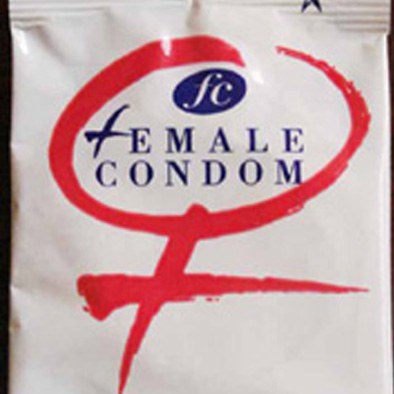
The human sperm. Traditional beliefs and consequences on AIDS prevention in Northern Mozambique
Medicus Mundi Bulletin, No 113, 2009 - Ten years ago, the Swiss NGO SolidarMed started to support a community empowerment in health programme called Wiwanana in the District of Chiure, Northern Mozambique. With this article, the authors share some experiences related to traditional concepts of health, with important implications for HIV/AIDS prevention in the project area.
Community Empowerment for Health
Wiwanana is a Macua word and means mutual understanding and collaboration. The so-called programme stands at the interface between the state health service providers and the communities, where it acts as mediator, moderator and educator. During the many community meetings and discussions on safe sex, HIV/AIDS and family planning held since the start of the programme, the importance of human sperm remains paramount and unshakable, and its consequences for HIV/AIDS prevention are worrying.
The human sperm - traditional beliefs
In Macua culture, men and women are equally convinced that human sperm bears the following qualities and characteristics:
- Energetic value to the woman who receives it during sexual intercourse
- Nutrition for the foetus during pregnancy
- Food to the pregnant woman
- Having polluted colostrum (first milk)
- Capable of polluting normal breast milk
Cultural norms and the compliance with traditional concepts are a means of social coherence. Today, the same rules increase the spread of HIV, an epidemic likely to affect 20-30% of the population, and already killing thousands.
Discussion
Individual health-related behaviour is influenced by many factors, including political, socio-cultural, economical, educational, personal and environmental. Each factor depends on various underlying variables, of which some weigh more and some weigh less. The collusion of all these variables will, at the end, result in a certain behaviour of a specific individual at a specific time point.
Understanding these variables, weighing their relevance for specific health related problems and assessing their interdependency with other variables is necessary for the design of successful interventions aiming at behaviour change. With its programme, Wiwanana intends to influence some of the key factors of health related behaviour. Having sought to understand the key cultural barriers to HIV prevention, Wiwanana has subsequently made various efforts to address these obstacles. Its peer education concept and its strong collaboration with initiation rite counsellors, traditional healers and village elders are examples for strategies to overcome them.
However, isolated NGO efforts to act on traditional health related concepts are not sufficient to provoke change. Messages and stimuli must come from multiple sources, be consistent in content, ongoing in time, adapted to local culture and embedded in an enabling framework. Changing traditional concepts is a long term effort (probably over generations) involving various inputs through different channels and at different levels. Wiwananas experience, confirmed by community members, is that messages are adopted more easily when reaching the individual from different sources, such as radio, peers, leaders, pamphlets, theatre, traditional healers, affected relatives, initiation rite counsellors etc.
New behaviour appears to be easier adopted than a complete change of habits and concepts. For instance, the acceptance of not harmful traditional medicines as a complementary treatment is the basis to motivate people to search help at health centres in high risk situations.
Working closely with the communities in rural areas, Wiwanana has generated a rich bouquet of experiences with the local culture and traditional health beliefs. In this example, the deeply rooted concept of the importance of sperm for women and foetuses has been identified as an important cause for sexual high risk behaviour. Taking it into account for the design of its interventions, Wiwanana is able to contribute to awareness building in young men and women, who think, debate and act on the AIDS pandemic and prevention measures in the District.
HIV is a complex disease, resonating far beyond health dimensions. For this reason, SolidarMed has chosen a comprehensive approach and interventions now cover all main areas from prevention over treatment to care. One of the most important variables, however, remains the individual and its beliefs buried in a network of external inputs. (By M.A. Hobbins, F. Haupt, J.C. Samuel, Jochen Ehmer (SolidarMed), In: Bulletin von Medicus Mundi Schweiz Nr. 113, August 2009)
